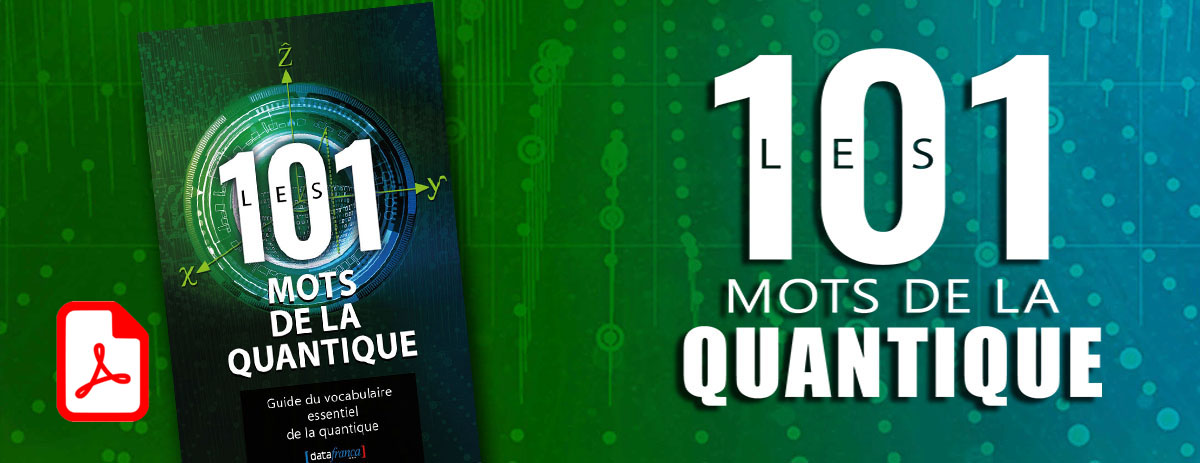« Règle condition-action » : différence entre les versions
(Page créée avec « == en construction == Catégorie:Vocabulary Catégorie:Intelligence artificielle Catégorie:UNSW == Définition == xxxxxxx == Français == xxxxxxx == Ang... ») Balise : Éditeur de wikicode 2017 |
m (Remplacement de texte — « <br /> » par « ») |
||
| Ligne 15 : | Ligne 15 : | ||
'''condition-action rule''' | '''condition-action rule''' | ||
A condition-action rule, also called a ''production'' or ''production rule'', is a rule of the form<center>'''if''' ''condition'' '''then''' ''action''. | A condition-action rule, also called a ''production'' or ''production rule'', is a rule of the form<center>'''if''' ''condition'' '''then''' ''action''.</center>The condition may be a compound one using connectives like '''and''', '''or''', and '''not'''. The action, too, may be compound. The action can affect the value of working memory variables, or take some real world action, or potentially do other things, including stopping the production system. | ||
The knowledge of many expert systems is principally stored in their collections of rules. | The knowledge of many expert systems is principally stored in their collections of rules. | ||
Version du 7 mai 2020 à 12:20
en construction
Définition
xxxxxxx
Français
xxxxxxx
Anglais
condition-action rule
A condition-action rule, also called a production or production rule, is a rule of the form
The condition may be a compound one using connectives like and, or, and not. The action, too, may be compound. The action can affect the value of working memory variables, or take some real world action, or potentially do other things, including stopping the production system.
The knowledge of many expert systems is principally stored in their collections of rules.
See also inference engine.
Contributeurs: Arielle Halindintwali, Isaline Hodecent, wiki










